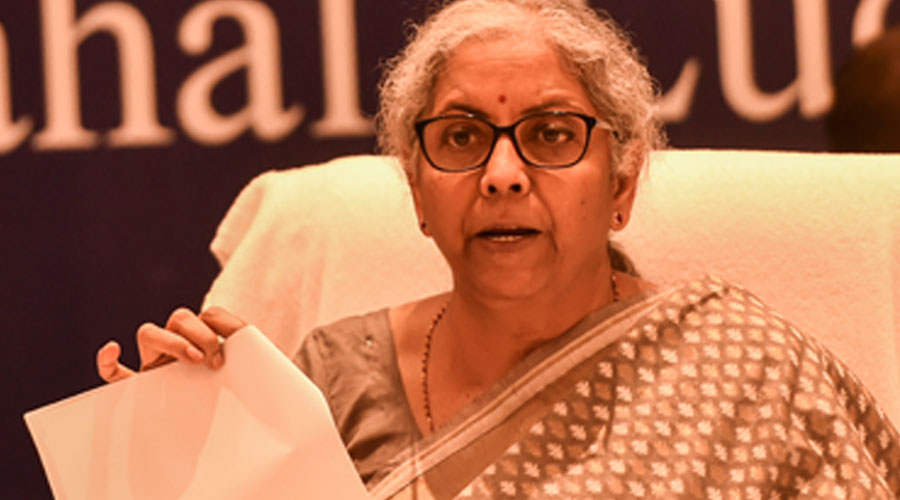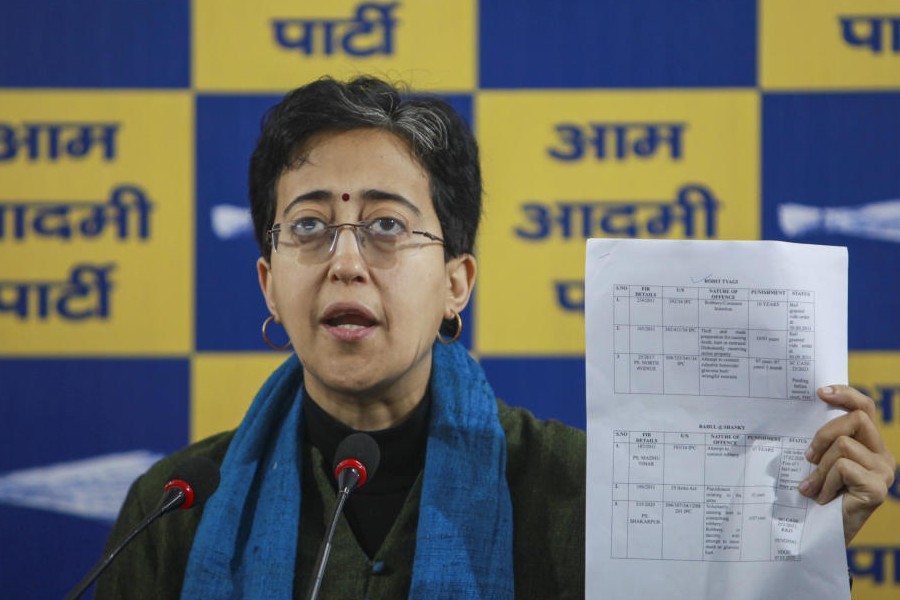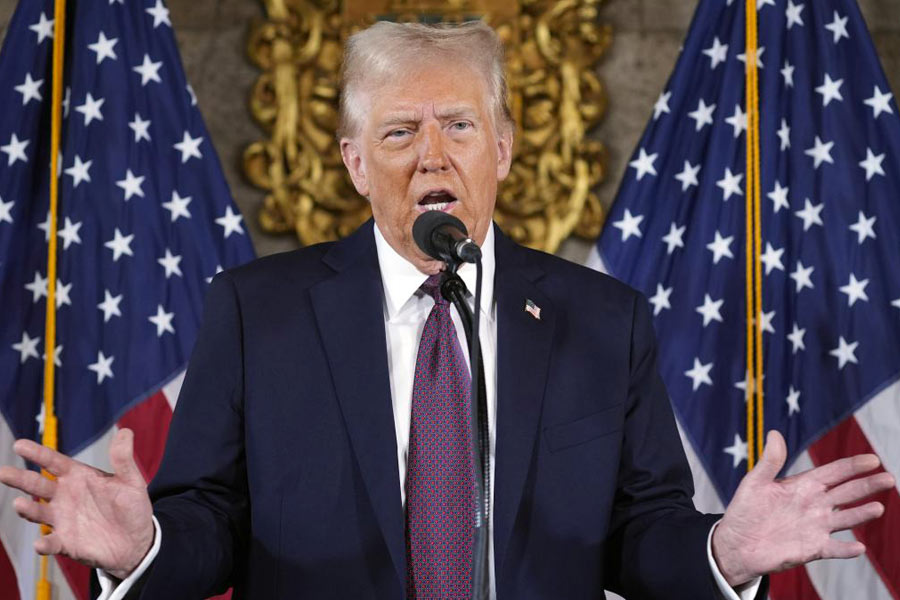The compensation cess under the goods and services tax regime will be collected till March 2026 but the proceeds garnered after June 2022 will not go to the states.
Finance minister Nirmala Sitharaman said that the proceeds from cess collected beyond the agreed, five-year period will be used to pay back the interest and principal on the loans that the Centre borrowed to make up for the shortfall during the Covid-19 pandemic.
“From June 2022 to March 2026, the cess collected will only be used to pay the interest and principal on the borrowed amount. The GST (Compensation to States) Act says that compensation period will be five years and that ends in June 2022,” Sitharaman told reporters on Friday after a meeting of the GST Council held in Lucknow, which was the first face-to-face meeting since the pandemic struck in March last year.
The states are understandably furious over this move and have said they expect to be compensated beyond June 2022 for any revenue loss they suffer. The loss has been widening because collections have fallen short of the original projections that were built around the promise that states would receive an annual revenue increase of 14 per cent with the base year set at 2015-16.
The differences over the compensation cess are expected to blow up at the subsequent meetings of the Council.
The Centre had borrowed sum of about Rs 1.10 lakh crore in the year ended March 31 this year and passed it on to the states. It has also provided cash compensation worth Rs 75,000 crore in the current fiscal. Additional borrowings are planned later this year with the shortfall in GST revenues is projected at about Rs 1.58 lakh crore.
Breach of promise
Chhattisgarh Congress leader T.S. Singh Deo told The Telegraph that the “states surrendered their taxation rights on the assurance that there would be revenue buoyancy. However, if it falls, the compensation period has to be extended. The council should pass a resolution for its extension to bring about a constitutional amendment for this.”
“If the Centre assumes that the compensation cess would have to be collected till April 2026, then by their own presumption, the economy would not pick up and the revenue generation would be lower than assumed,” he said.
The minister clearly indicated that the Centre is not inclined to consider the demand of some States to extend the five-year period.
The GST regime had originally been premised on a revenue-neutral tax rate of 15.5 per cent, Sitharaman said. However, the actual GST revenues have been going down with the effective tax rate slipping to 11.6 per cent due to changes made in the tax rates on various goods and services over the last few years.
“A detailed presentation was made on the revenue generation aspects, correction of inverted duty structure, and the various ways in which the revenue neutral position, which was 15.5 per cent at the time of introduction of GST, has steadily come down to 11.6 per cent,” she said.
Panels formed
The Council decided to form two Groups of Ministers (GoMs) that have been asked to recommend measures to boost revenue collection and submit a report within two months. The first one has been tasked with reviewing the tax rate rationalisation issues to correct anomalies in the rate structure.
The second group will examine ways to harness technology to improve compliance and monitoring. This, she said, will look at e-way bills, Fastags, compliance and composition schemes to plug loopholes.
The compensation cess levied on automobiles, tobacco products and aerated water, over and above the basic GST rate, was to be tapped to covering the shortfall between States’ actual revenues and the 14 per cent annual revenue growth for five years that they were assured while adopting GST. In 2020, the Council decided that the Compensation Cess levy will be extended to repay the principal amount as well as the interest payable on these borrowings.
“The extension of compensation cess levy up to March 2026 is expected to impact consumers as the same will be recovered from them,” said Rajat Bose, partner at Shardul Amarchand Mangaldas & Co.











